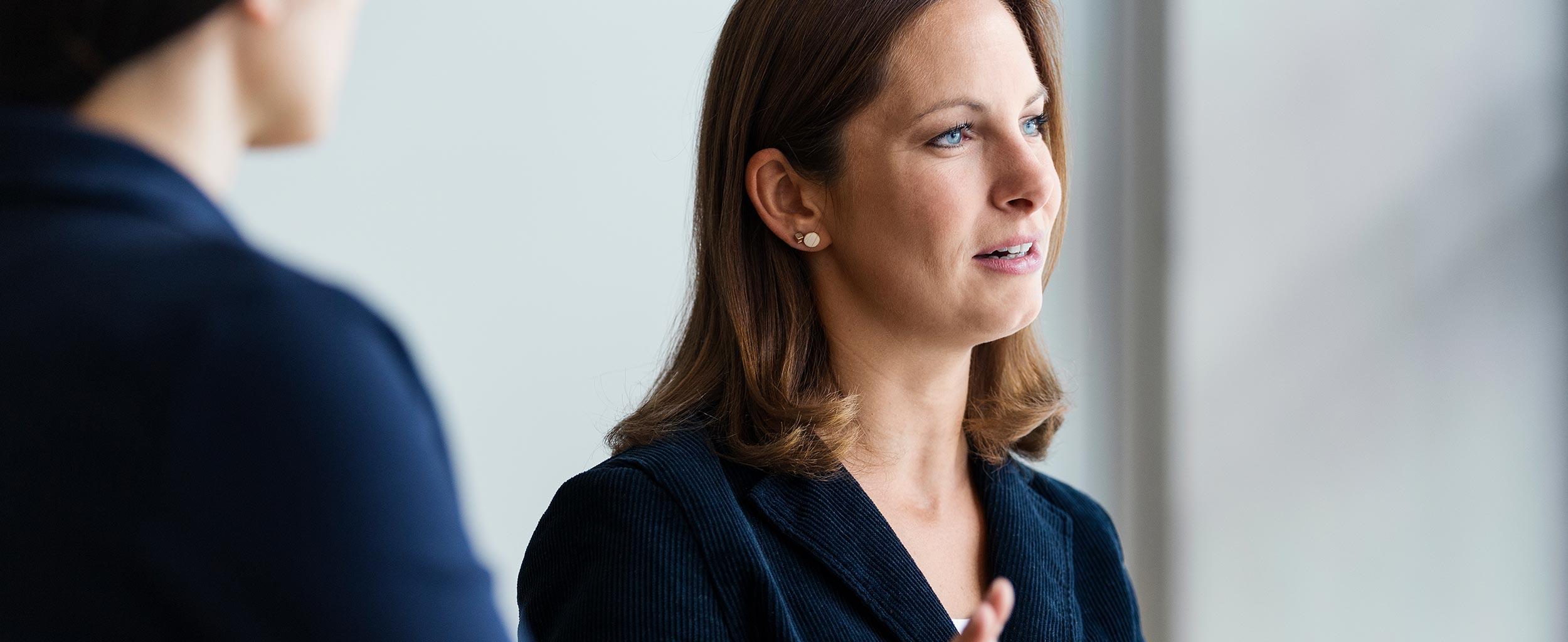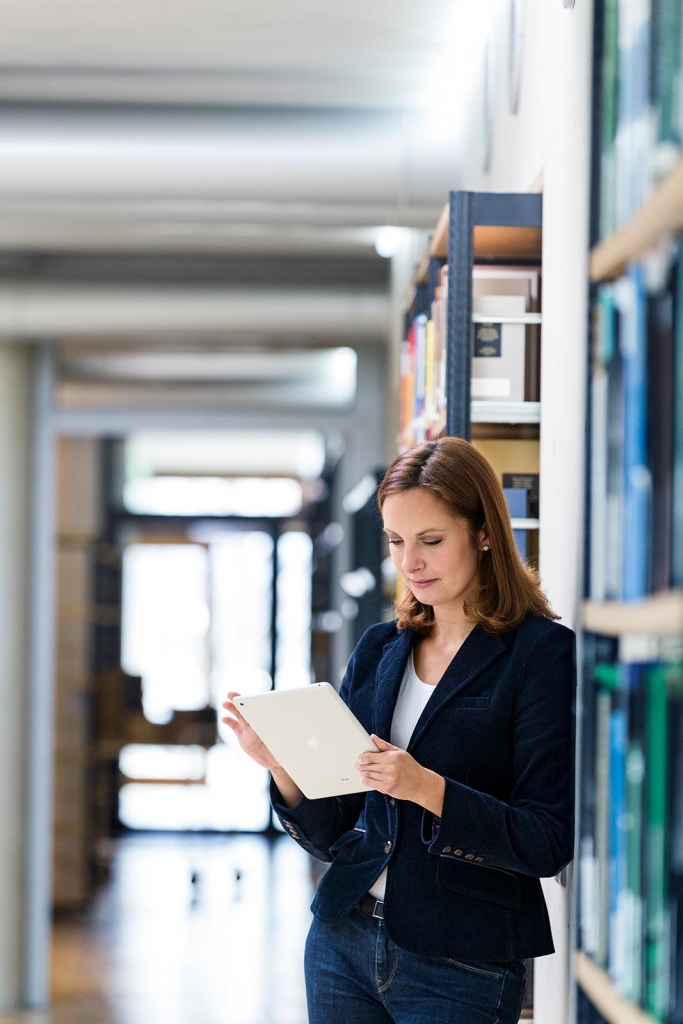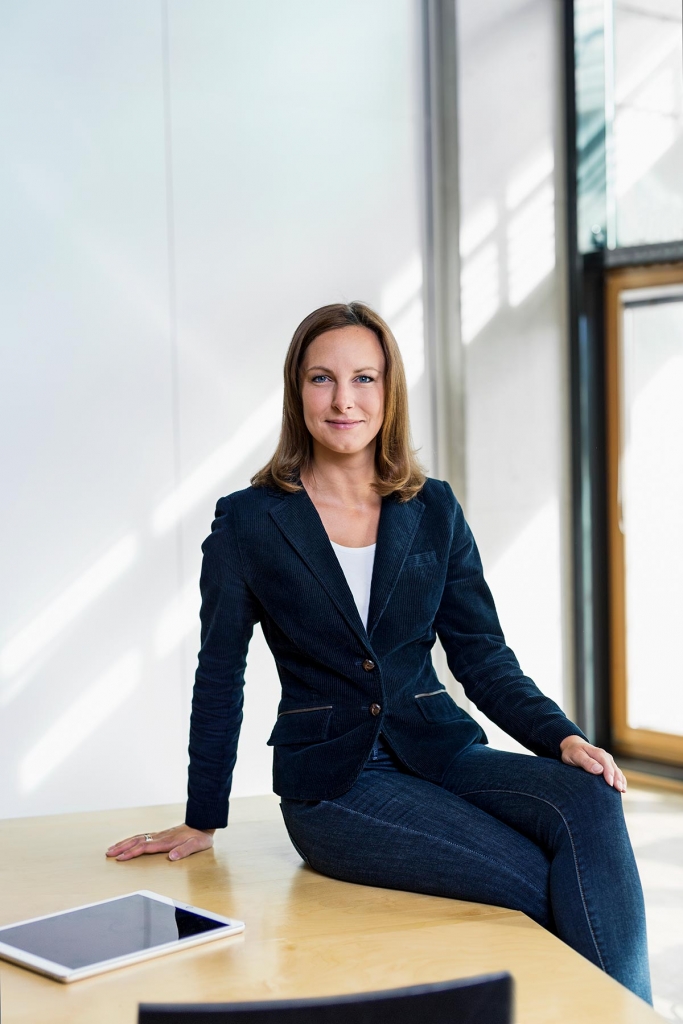What the Open Science movement can learn from the Covid-19 crisis

Interview with Professor Isabella Peters
Isabella Peters is professor of Web Science at the ZBW – Leibniz Information Centre for Economics and at the Department of Computer Science at Kiel University. In her research she studies, among other things, how researchers use social media to disseminate scientific findings. She also advocates the integration of Open Science practices into the scholarly reward system – at the national and the European level.
Many scientists who want to make a contribution to the current fight against the Covid-19 crisis upload(ed) their papers to pre-print servers. Without peer review. To be quick. Is classic peer review unsuited to a crisis situation?

IP: The peer review procedure as it currently works is very slow. Two years can easily pass while reviewers are found, while they actually review the paper, and until the authors submit new versions. This is partly owed to the fact that only a few experts are involved whose calendars are fully booked. In a crisis, however, nobody can wait two years just to have a paper read. Other ways must be found. And one of these ways is the post-publication peer review where results are published first and reviewed later.Thus an exchange with many peers is possible early on. These reviewers and recipients must of course be aware that they are dealing with untested results.
Must we re-examine the definition of who actually may be a “peer” in a peer review?
IP: Normally the journal takes care of choosing experts as reviewers. In theory, everyone can criticise in the case of pre-prints. Feedback from non-experts can enrich the debate and sensitise for new points-of-view. But it can also slow down the whole process because usually the entire context must be laid out. In such cases it would be useful to know who is actually reviewing. I don’t need to know names, but knowing the background, profession, discipline and academic degree would be useful to evaluate the comments. This would be useful in a normal peer review, too, by the way.
What could be done in the future to publish research findings quickly and still assess their quality? What could a good mechanism for quality assurance look like?
IP: Research needs time. I think we must say good-bye to the assumption that a paper is finished and must “only” be reviewed. Scientists are in dialogue with others during the entire research process. And the comments, queries and additions of the reviewers are just one more piece of editing which is a natural part of the process. But I think that an ad hoc advisory board could provide a solution, i.e. a group of experts who assemble flexibly depending on who can make time for reviewing as quickly as possible.
Should peer review by an ad hoc advisory board be public?

IP: I am a great fan of public reviews. It renders the communication process within science transparent. It is possible to see the themes and questions where researchers differ with each other and how they argue. A public review can also contribute to an outcome where professional competition, personal aversions or loyalties do not influence the result of the review. In addition I can see the professional background of the reviewers and assess their criticism better. And the reviewers in an Open Peer Review receive visible recognition for their editing in which they have invested much effort.
Open Science also means exchange between science and society. But who must learn whose rules here?
IP: This calls for some kind of cross-cultural skill. Scientists must learn that all who do not share in their research – and that is the majority – want to know what the results mean in a bigger context. What does research finding X mean for my private life? Should I now do something or desist from something? And all people who do not work as scientists must learn that science never delivers final truths, but only a probability of truth which can be completely thrown over two weeks from now. Science looks for answers, it is in constant flux, and not simply an answering machine. At the end it helps to put yourself into the other one’s shoes and to be curious about their expertise.
Is it sufficient to “dump” ever more information into society? Or do we also have to take into account the emotional effects of science communication?
IP: Of course we do. If I am aware that society is looking for answers – especially during crises – then I must take this into consideration in communicating science. I must clearly say what I have found out and what not, and I must say what this means exactly and what it does not mean. I must try to anticipate the emotional effects of my statements. Most researchers have mediators to assist them – press officers, communication experts. If I invite such a communication coach to support me and who reflects the “outside view”, I can learn a lot. This is a general lesson: scientists do not have to know everything themselves, starting with interviews and ending with the organisation of an international conference. Just hire the pros for the job in question.
Is it okay if science communication works differently in times of crisis? What is your lesson for science communication from the Covid-19 pandemic?

IP: Science communication in times of crisis must be much more deliberate and free from all staging, as we have seen with the Heinsberg study. Science communication must communicate the lack of certainties. It is also ever more important to place findings within a bigger scientific context. Everyone must be aware that both research and good communication require time. Neither the discovery of knowledge nor the exchange about the findings can be accelerated infinitely. The production of knowledge is a collective process that requires much exchange with different interlocutors (e.g. with articles or public talks). The lonely scientific genius is a chimera. Cooperation is the reality. Therefore I think that scientific knowledge should be treated as common property and not something to be made a business of. When the scientific publishers removed the paywall from the Covid-19 papers, they implicitly confirmed for me that only Open Access contributes to a productive scientific exchange and that free access to knowledge is indispensable for progress.
Assuming that our readers have now discovered Open Science and/or peer review for themselves, which three things would you recommend for their daily practice?
IP: Tip 1 would be: Do not rely solely on commercial services such as Facebook or ResearchGate if you want to be visible on the web. Your own website is the most important tool – you can create it yourself, everyone can access it and nobody needs an account to do so. This is real openness!
Tip 2: Be active on social media and start small. Follow a colleague on Twitter. Leave short comments on articles you have just read, as a reading tip for others. Post tweets at conferences and share your own slides there. Thus you can offer added value and gain an idea of the benefits of being active on social media.
Tip 3: If you have reviewed authors and want to enable them to publish the written reviews and thus to make the reviewing process transparent, allow them to do so in your review and put it under a CC-BY licence (caution: the review will no longer be anonymous. If you want to stay anonymous, other CC licences are more appropriate). This encourages others to reflect on their own habits and perhaps to change them in the direction of Open Science.
Thank you!
The interview was conducted on September 21, 2020.
